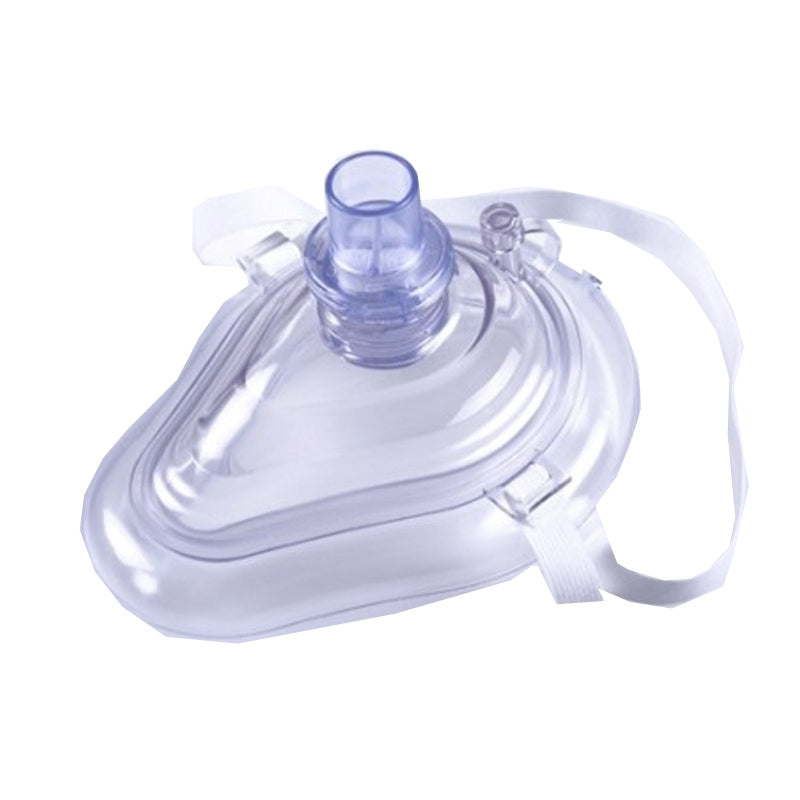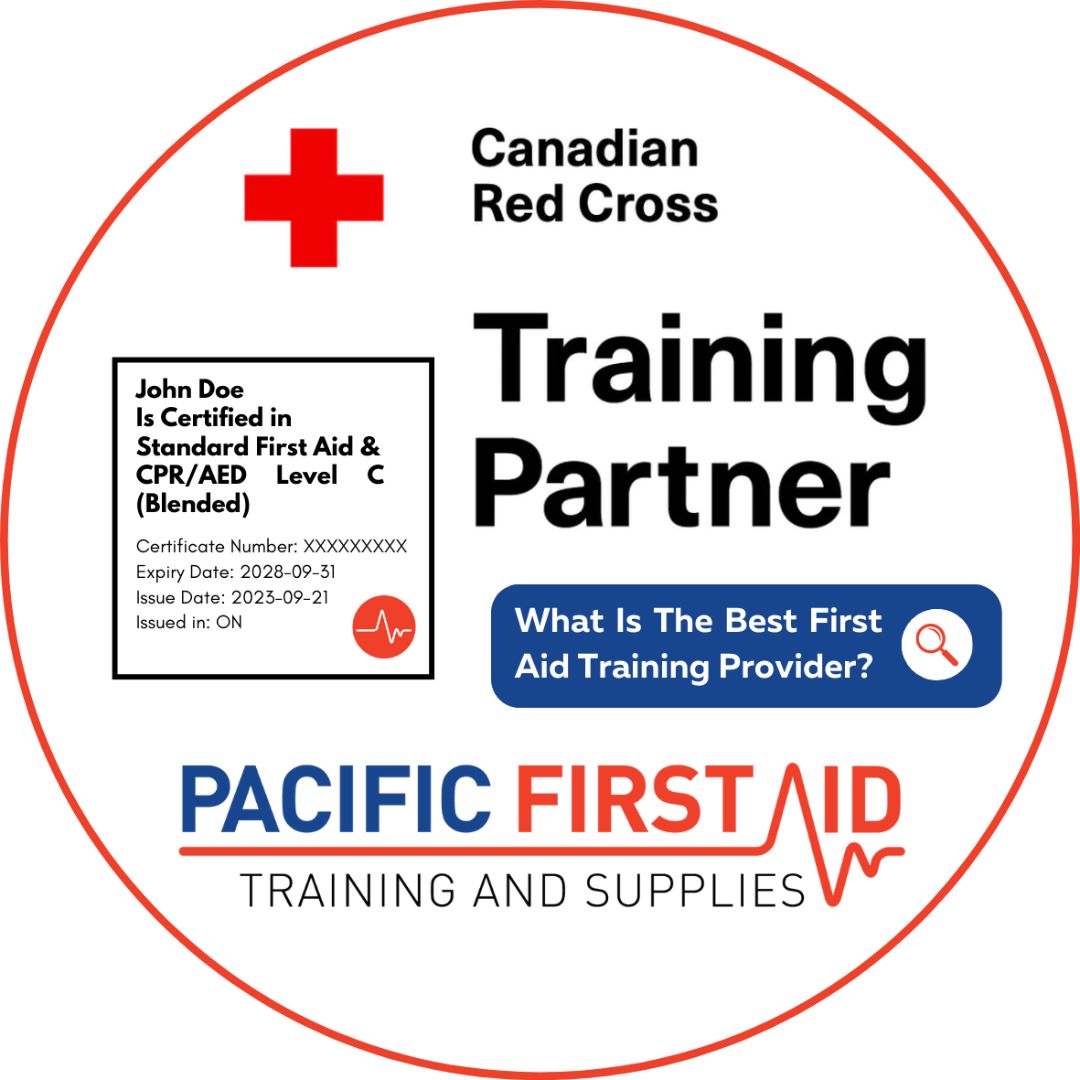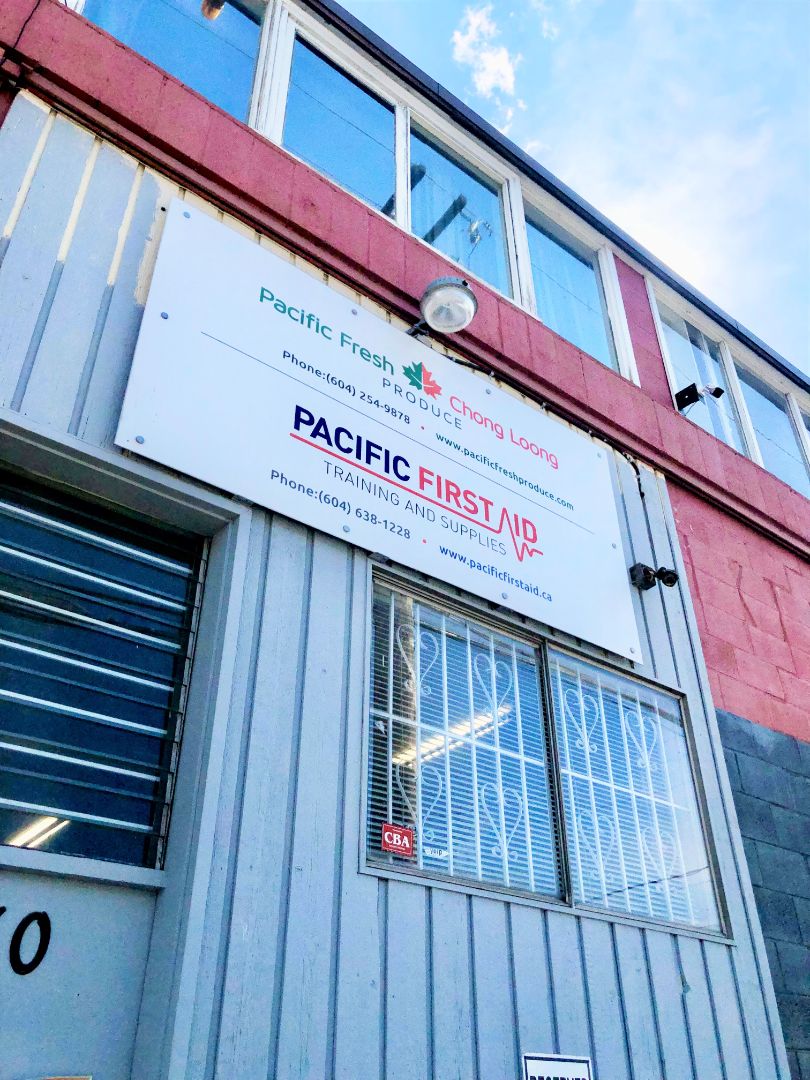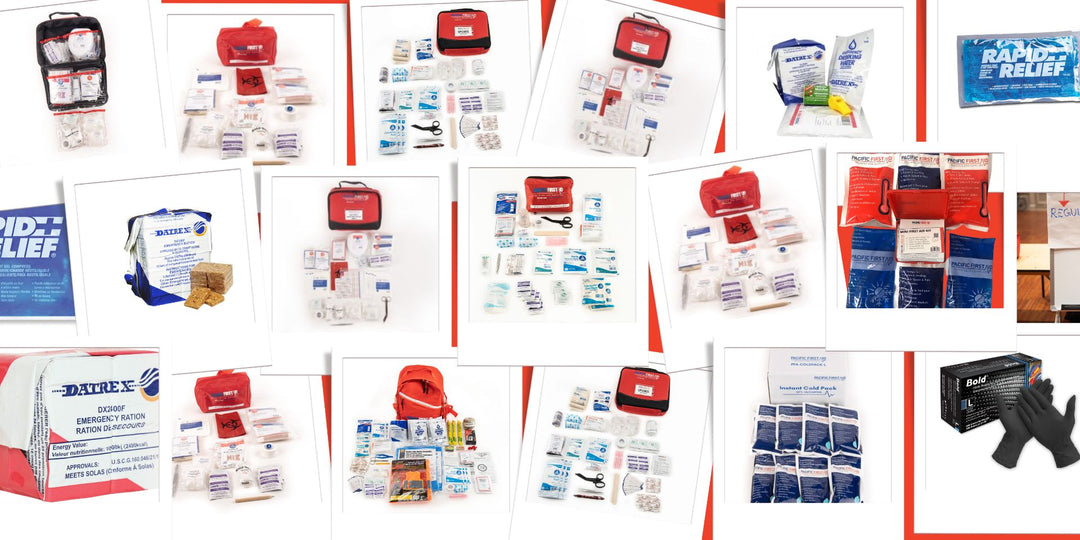
Tips For Your Own Disaster Emergency Kit
Are you and your family prepared for disaster to strike? In any disaster or state of emergency, it can take first aid respondents time to get to you. You should be 72 hours ready, as it is essential to take care of yourself in a disaster long enough to wait for help. What are the basics you need to survive? Here’s a list of tips to help you build an emergency kit and plan to prepare your family for disaster to strike:
TRAIN AND EDUCATE
There are plenty of first aid training courses to attend in Vancouver. These first aid training courses will educate you on which emergency situations to be prepared for and how to prepare for them. Also, know your community’s risks. Are you living close to an area prone to flooding, or is your home located in a place earthquakes are frequent? Understand your environment and gear towards the most common accidents to occur in that area so you're not preparing for a disaster that isn’t relevant to your home.
PLAN AHEAD
Every family should have someone who has had first aid training or a first aid certificate. This person will be the best choice to design a plan during a crisis. Know where to meet if you loose each other in the confusion of a disaster. Keep clean water and some canned food in stock in case your trapped inside your home. Discuss with your family or roommates what to do in an emergency scenario. Create a plan that details how you should react if disaster strikes, as you want to have to do as little thinking as possible in this situation. Keep the plan document somewhere accessible or visible like on the front of the fridge.
GET A KIT
In any disaster, a basic emergency kit with emergency supplies is a must have! You must own some form of an emergency first aid kit, to be ready for disaster. Make sure it is well equipped but also easy enough to carry for anyone in the house besides very small children. Here is a list of some basic emergency supplies to have
- Food that takes a long time to expire.
- Can opener for canned food
- Water 2 liters for each person per day.
- Crank powered flashlight if batteries are not an option.
- Crank powered radio
- First aid supplies
- Extra keys for house and car
- Some cash
- Any medications or special supplies for specific household members
- A whistle
- Change of cloths
- Hand sanitizer
- Water purifying tablets
- Duct tape
- And more
There are many items that can be helpful in a disaster. However, the most important takeaways are to have first aid training and an emergency kit equipped with the appropriate supplies. Make the best plan for your home's situation and prepare accordingly. If you are looking for first aid training and first aid courses check out Pacific First Aid courses here.







Leave a comment